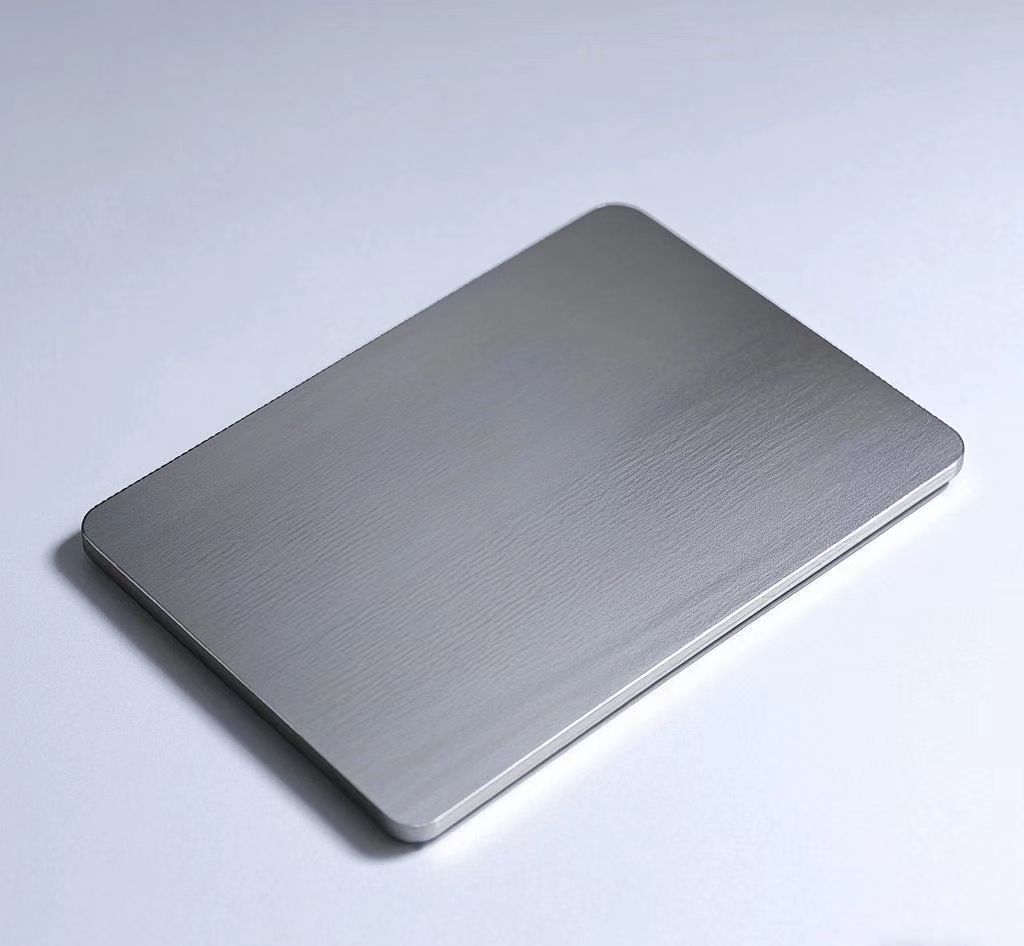
Why Tantalum Sheets Are Essential for Extreme Environments
If you’re designing components for corrosive chemicals, high-temperature systems, or semiconductor manufacturing, tantalum sheets are your go-to material. Certified under ASTM B708-12(2019), these sheets offer unmatched durability and versatility. But how do you pick the right grade? Let’s break it down.
1. Tantalum Sheet Grades: Which One Fits Your Needs?
ASTM B708 defines five key grades of tantalum sheets:
- R05200/R05400: Pure tantalum (electron-beam or powder-metallurgy) for general corrosion resistance.
- R05255: 90% Ta + 10% W alloy for ultra-high strength (70,000 psi tensile).
- R05252: 97.5% Ta + 2.5% W for balanced ductility and heat resistance.
- R05240: 60% Ta + 40% Nb for cost-effective nitric acid applications.
2. Key Properties That Make Tantalum Sheets Unbeatable
- Corrosion Resistance: Withstands sulfuric, hydrochloric, and nitric acids (even at 130°C).
- Mechanical Strength: R05255 sheets hit 482 MPa tensile strength – ideal for aerospace fasteners.
- Formability: Annealed sheets (M) achieve ≥25% elongation for deep-drawing into reactor linings.
- Purity Control: Oxygen <0.015% in R05200 ensures minimal contamination in medical devices.
Case Study: A chemical plant reduced reactor downtime by 50% using R05255 sheets in HCl scrubbers.
3. Applications
- Chemical Processing: Lining tanks and heat exchangers (R05200 resists sulfuric acid).
- Semiconductors: High-purity sheets for sputtering targets (per Tantalum-Niobium International Study Center).
- Aerospace: R05255 alloy for turbine components due to tungsten-enhanced strength.
- Medical: Biocompatible sheets for surgical tools and implants.
Cost Tip: While tantalum costs more upfront, its 20+ year lifespan in acids saves 300% in replacements.
4. How to Ensure Quality: ASTM B708 Testing Requirements
Every batch must pass:
- Tensile Tests: Validate strength (e.g., R05255 ≥482 MPa) via ASTM E8.
- Flatness Checks: ≤6% deviation to prevent welding defects (critical for explosive bonding).
- Recrystallization Analysis: ≥90% recrystallized grains for consistent performance.
Red Flag: Avoid suppliers who skip grain size tests – uneven grains cause cracks under stress.
All in all,from semiconductor fabs to chemical plants, ASTM B708 tantalum sheets deliver unmatched reliability. Prioritize grade-specific properties and third-party certifications to avoid costly failures.
For additional tantalum products, please refer to our tantalum catalogue:https://www.zzhytanb.com/product-category/tantalum/
